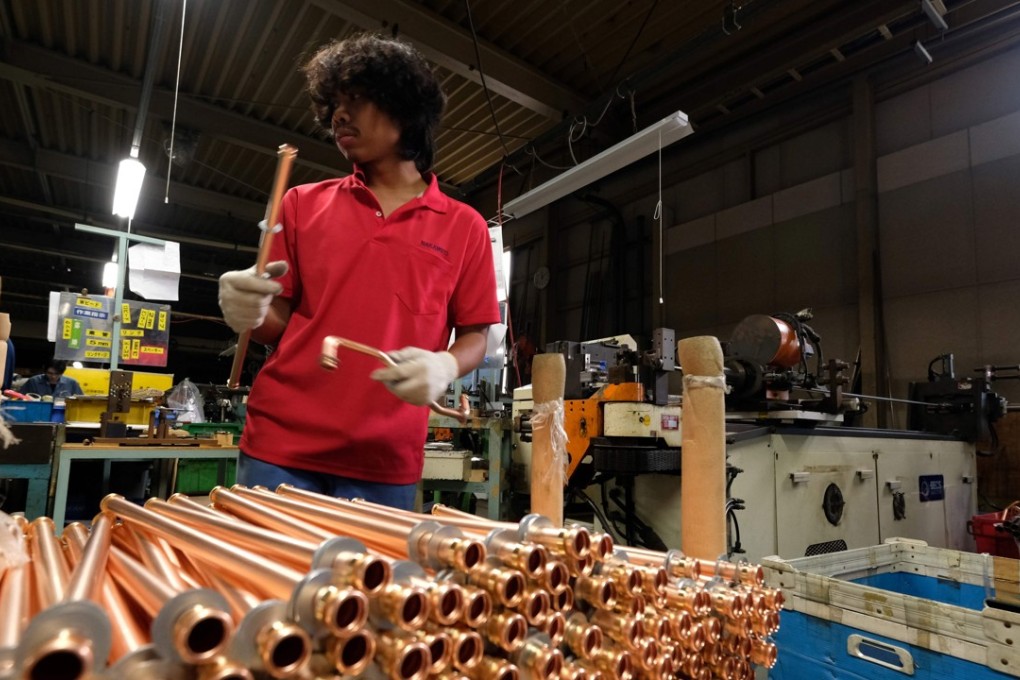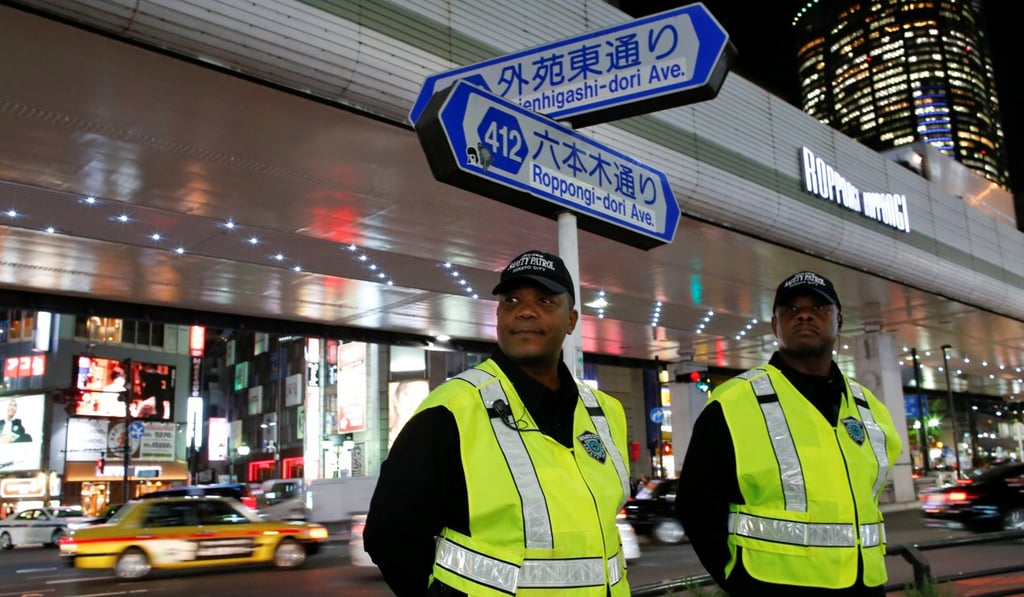Battling serious labour shortages, ageing Japan announces the sectors where it needs tens of thousands of foreign workers
- Proposed reforms to immigration law have raised the hackles of conservatives worried about mass immigration and rising crime
- Activists also remain unconvinced – pointing to previous piecemeal efforts that led to accusations of worker exploitation

The Japanese government said on Wednesday that it expects nursing care businesses to accept the largest number of foreign workers among the 14 sectors to be affected under an envisioned revision to immigration control laws.
In an estimate provided to parliament, which has just started deliberations on a bill to revise the law, the government said that it expects up to 47,550 foreign workers to enter the country in the first year of the programme, and 345,150 workers over five years.
In a major policy shift for Japan, the bill would create new visa statuses to accept blue-collar foreign workers in sectors deemed seriously short of labour, ranging from construction and farming to nursing care. The programme, which could start as early as next April, may also pave the way for them to live permanently in Japan.

By sector, the government said nursing care is expected to accept the largest number of up to 60,000 workers in the five-year period, food services up to 53,000 workers and construction about 40,000.
Farming is expected to get about 36,500, and building cleaning businesses around 37,000.
Other sectors covered by the programme are industry machinery, electronics, shipbuilding, auto maintenance, material production, airlines, lodging, fisheries, and food and beverage manufacturing.
